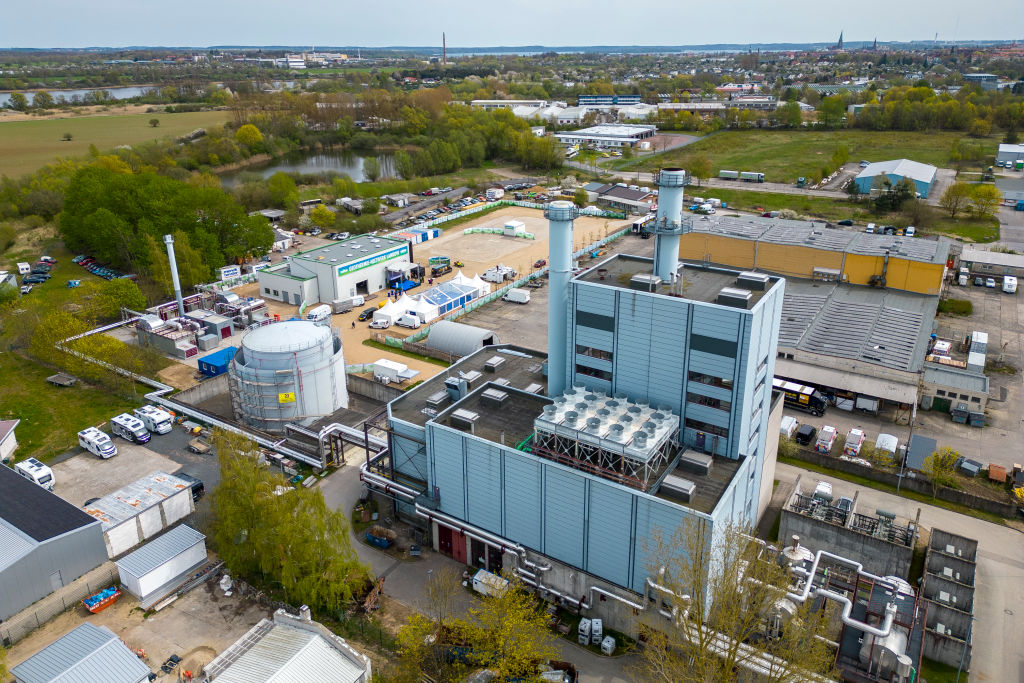Germany’s dodgy infrastructure spending has been put under the spotlight after politicians in the country used similar examples to claim Hungary was corrupt.
European Commission President Ursula von der Leyen, a member of Germany’s Christian Democratic Union (CDU), was joined by senior German MEPs including Daniel Freund in putting pressure on Hungarian Prime Minister Viktor Orbán’s Fidesz government, with the latter helping to put on an exhibition showcasing examples of what was seen as questionable infrastructure spending linked to Budapest.
The German Taxpayers Association has now published a report highlighting similar examples financed by the country’s taxpayers in Freund’s backyard.
These included the decision to refurbish a bridge in the State of Hesse, with the project allegedly costing in the region of €300,000.
According to the tax association, the bridge goes nowhere, with those crossing the construction being met with a fence blocking them from travelling any further. That smaller blocking fence was also reportedly paid for by the German taxpayer and cost in the region of €9,000.
Another more costly example highlighted by the association is the so-called “Bat Bridge” in Bavaria. Built over a planned extension of the A94 autobahn, the construction was literally designed to allow bats to cross overhead safely.
Experts were reportedly uncertain about whether the bats would actually use their specially-made bridge once built. Its total cost to the taxpayer was predicted to be up to €4 million.
Another controversy can be found in Freund’s home State of North Rhine-Westphalia, with the association highlighting the example of a small park bridge in Hamm-Pelkum.
Designed to replace a dilapidated construction that had fallen into disrepair and could no longer be used, the initial cost was projected to be around €350,000.
That almost doubled amid the construction process, with the total price of the bridge now set at €666,000. The association added that the value of the bridge — regardless of the price — was questionable, as the small lake it crosses could be “circumnavigated in ten minutes”.
One silver lining was found in the controversy surrounding a bike shed built in Saxony.
While the Taxpayer Association complained that its building cost in the region of €260,000, that was far from the most expensive bike rack in the European Union.
A similar project built in Ireland for the country’s parliament cost in the region of €336,000.
Tensions were running high in the European Parliament in Strasbourg on Wednesday morning with the EU’s top bureaucrats and politicians turning on Hungary as it tried to present its plan for the EU presidency. https://t.co/LHmDYxTnJo
— Brussels Signal (@brusselssignal) October 9, 2024





